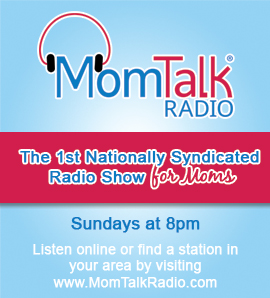Wow, am I suggesting a return to the 1960s where freshmen girls were required to be in their dorm by 9 pm and boys by 11?
Well, actually yes.
And here’s why: Since 1970 the rate of freshmen graduating from college has plummeted. Every study shows that there are more freshmen entering college than ever before, yet less of them are actually graduating than every before. The percentage of students receiving their degree has dropped from 46.7% in 1970 to 36.4% in the early 1990s and continues a downward trend starting fifty years ago. More students were graduating in four years in 1965 than they are today, more are dropping out, more are literally lost in the system so the government has no idea what’s happening. There are 37 million Americans who have some college credits (and college debt) but no degree. And the US Census Bureau reported in 2009 reported that, nationally, only 9% of 18-24 year-olds and only 27.5% of those 25 years and older had a bachelor’s degree or more. But some 60 percent of all jobs in the U.S. require a degree. And the pay gap between those with college degrees and those without has doubled since 1980.
Ok, so we know the problem. Now why is this happening? I have written extensively about the rigors of college and how to deal with them at www.harryhharrisonjr.com and my book 1001 Things Every College Student Needs to Know (Like Buying Your Books Before Your Exams Start) is one of the best selling college preparation books on Amazon. One reason students are failing is that they are simply showing up for college unprepared to do college level work. They took the easy way out in high school. They didn’t take AP classes or in many cases literally took their senior year off. Other reasons include what you would expect: they don’t show up for class, they’re not prepared when they do show up, they don’t start papers until the night before, they spend more time in college bars than in the college library. And then there’s college romance, drugs, alcohol and finances that force a student to work more than study.
But in an era when more kids are dropping out than ever before, the college that’s generally regarded as the one with the toughest curriculum graduates an astonishing 81% of their students in four years, almost twice the national average. What’s the difference?
West Point has a 11:30 pm curfew.
The service academies may well be the only colleges left in the US (except for some religious colleges) that have a curfew. So why should a curfew create more successful college students?
Five reasons:
- Most college freshmen show up on campus having dealt with a curfew at home. Suddenly they are free to roam the streets all hours of the night, and few have the maturity and self discipline to not party, drink and hook up all hours of the night. They’re not ready to be adults. They won’t be ready for another six years or so. College is supposed to be a transition to adult living, but it’s not. We want our college students to act like adults from day one. That is fantasy thinking.
- Missing class is one of the number one reasons students fail out. They miss class because they’re still in bed having gotten back to their dorms at 4 am. A curfew ensures a bright eyed college student in the morning.
- A curfew forces a student to meet other kids on in her dorm, set up study groups or just give them somebody to complain to. That’s important because another reason kids drop out is they have no roots. They have no friends. A curfew brings even the most introverted student new friends because everyone is there.
- A curfew keeps kids safe. The most violent crime and shootings occur in the wee hours when there are less likely to be any witnesses.
- Finally, like your mother said, nothing good happens after midnight.
If colleges in the United States really want to confront the graduation problem head-on, they would do what the military does: get their students home by 11:30.
Harry H Harrison Jr. is a NYTIMES best selling parenting author with over 3.5 million books in print. He has been interviewed on over 25 television programs, and featured in over 75 local and national radio stations including NPR. His books are available in over thirty-five countries throughout Western Europe, Eastern Europe, Norway, South America, China, Saudi Arabia and in the Far East. For more information visit www.fearlessparenting.com.


